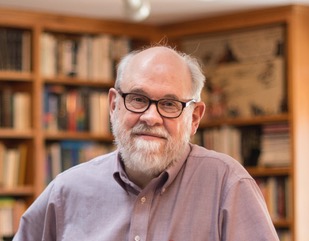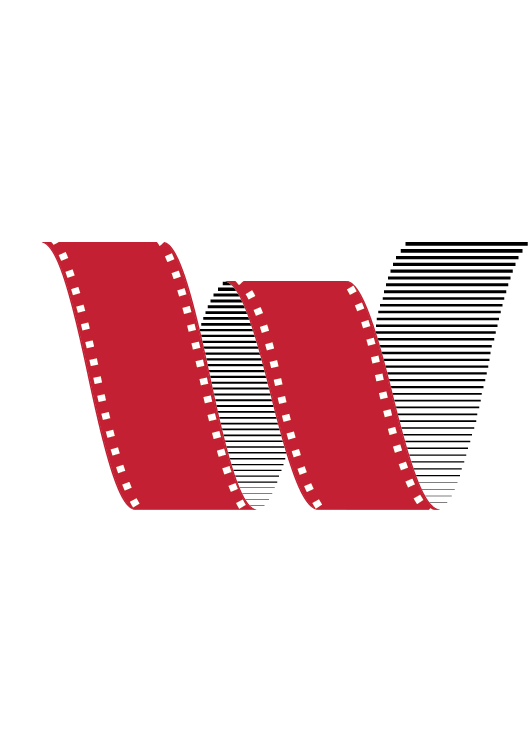By Eric Hoyt
At the WCFTR, we are grieving the loss of one of our leaders and dear friends.
David Bordwell, emeritus professor of Film, passed away last week at his home in Madison, Wisconsin. His enormous contributions to the University of Wisconsin-Madison and, more broadly, the scholarly study of film are described in the obituary, prepared with care and affection by his faculty colleagues in the Communication Arts Department. Additional tributes have been pouring out across social media platforms, listserves, and group chats. David touched so many lives.
Here, on the WCFTR’s blog, we want to call attention to David’s tremendous impact upon the Center. Simply put, David Bordwell was and will remain one of the most important individuals in the WCFTR’s history.

David Bordwell was a leader to us in so many ways. He served as the Director of the WCFTR from 1985-1987 and, again, from 2000-2003. He was not the longest-serving director (a distinction that belongs to his colleague, Tino Balio, who led the Center through its period of rapid growth in the 1960s and 1970s). However, David’s contributions to the Center were highly significant. As Director, he facilitated the acquisition of several 35mm and 16mm film collections, including films from Hong Kong and Taiwan. He was a fierce advocate for the importance of studying cinema as a global art form. Yes, we are a research center located in Madison, Wisconsin. But exciting research questions — and the collections needed to study them — span time, space, and state and national boundaries. David pushed back against narrow collecting policies (e.g., only American films and filmmakers), and our archive today is stronger as a result.
Our archive today is also much stronger today because David, with his spouse and intellectual partner Kristin Thompson, generously donated their own collection to the WCFTR. As you can see in the finding aid, the collection is a treasure trove of notes, clippings, letters, and much more documenting their work on field-changing books such as Film Art, Film History, and, with Janet Staiger, The Classical Hollywood Cinema. Materials related to their teaching and influential blog, Observations on Film Art, are also included. So too are laserdiscs and other media objects. Moreover, David and Kristin generously donated their collection of hundreds of journal and magazine issues to the Media History Digital Library (MHDL) and Lantern, which David championed from the beginning. We have already scanned dozens of public domain issues of Film Culture from their collection, and we look forward to adding many more magazines from their collection to the MHDL.
Beyond these direct and impactful contributions to the WCFTR, David has been a leader for us in more diffuse yet equally powerful ways. How many scholars have visited the WCFTR from hundreds or thousands of miles away because of something David told them, while at a conference or film festival, about our collections? How many students have formulated research questions and sought empirical answers in our archives because of David’s teaching and the example set by his scholarship? The number cannot be known. But it is massive. Profound.
David possessed boundless curiosity and enthusiasm for film history. You felt this when reading his books and blog—the passion and patience required for great research, along with his wonderful sense of humor and playfulness. You felt the traits even more powerfully in-person. You felt his energy. And you felt that you were part of something larger. Despite the fact that so much archival research takes place individually, in quiet rooms, the truth is that archives are massively collaborative enterprises and scholarship becomes meaningful when shared in community. David embodied this, and passed it on, again and again. Now, as we mourn Davis’s loss, we recognize that it’s on us to keep it going.
